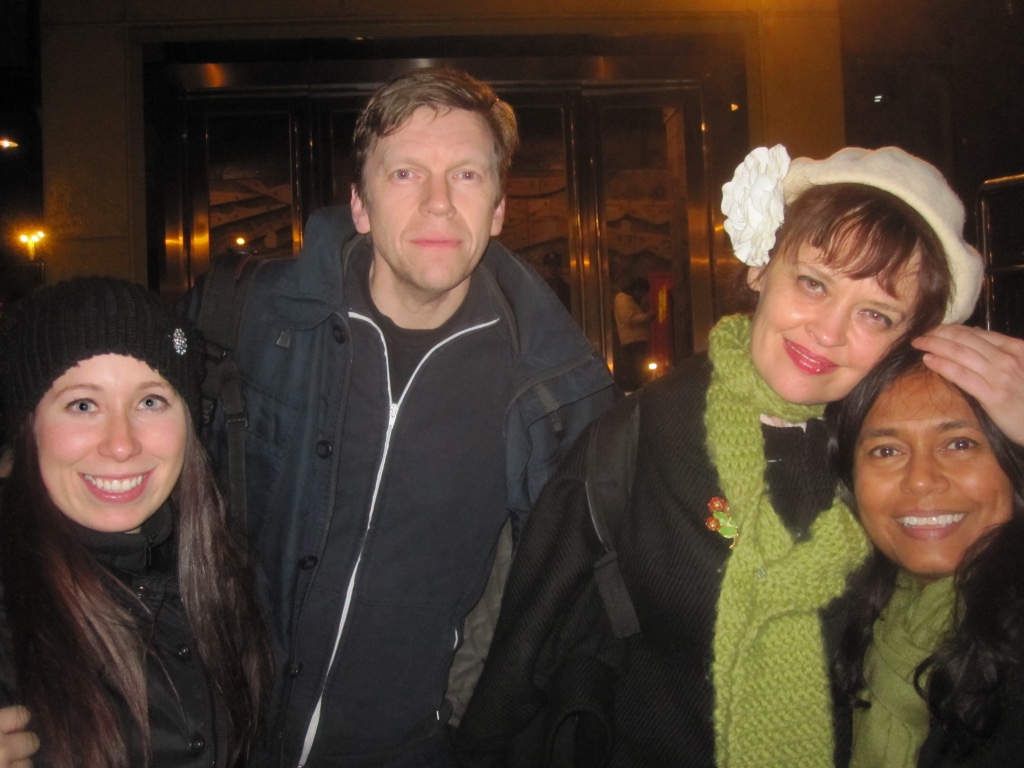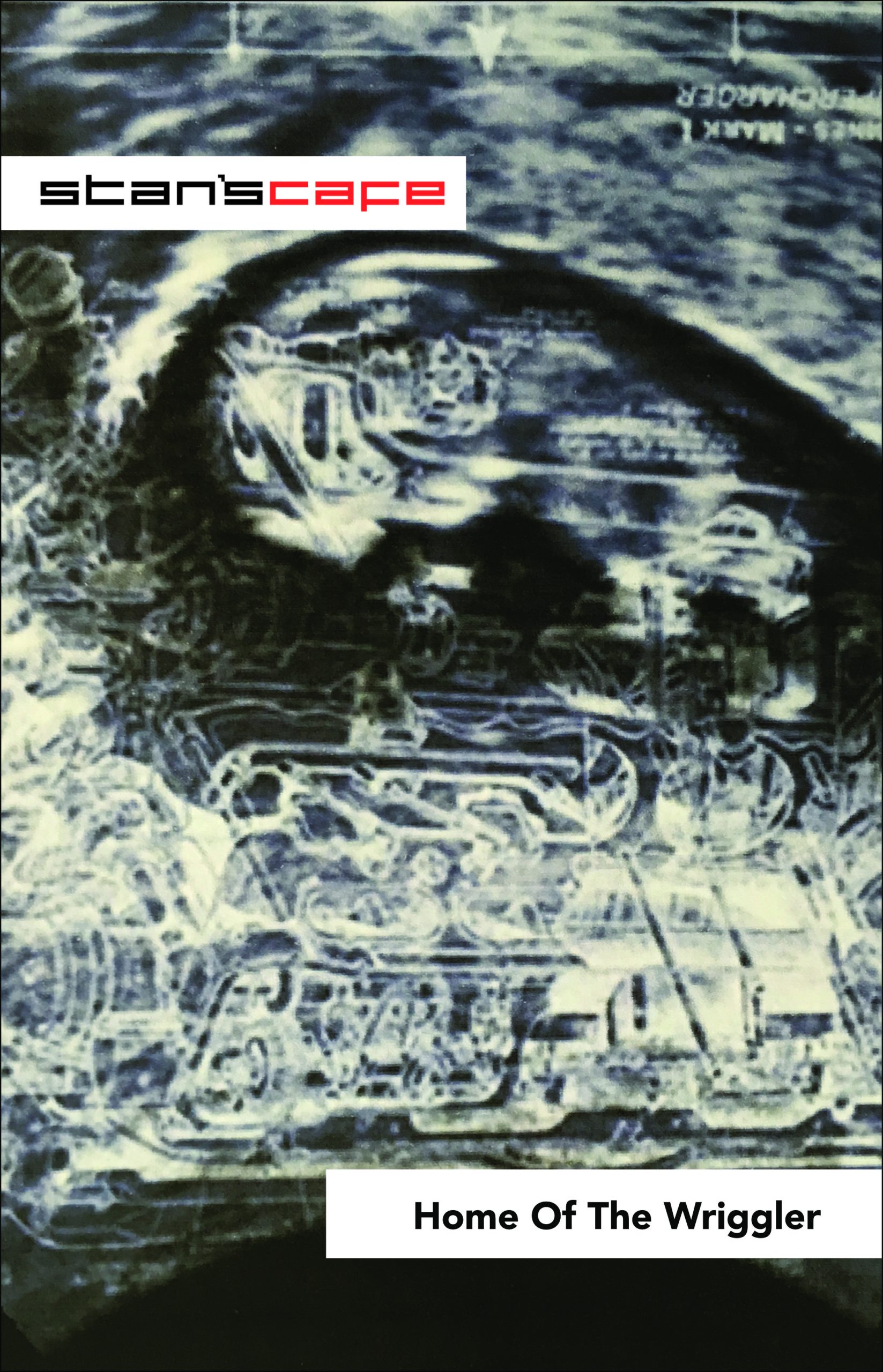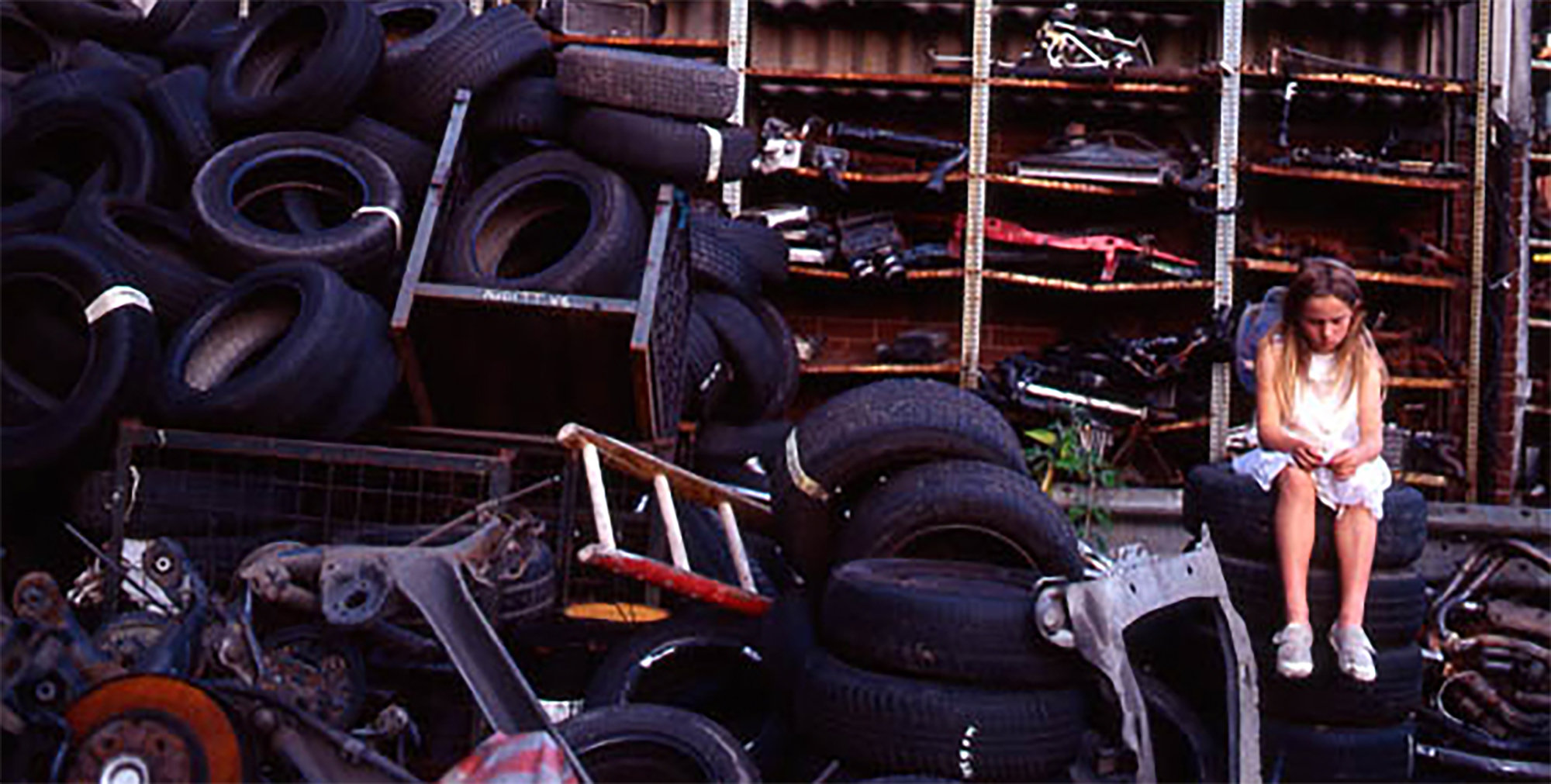
Prior to Home of the Wriggler.visiting the city Time Out Beijing asked the show’s directorJames Yarker a set of questions.
Birmingham, 15th October, 2010.
I understand you premiered in the Midlands – what kind of feedback did you get from people who had lived these or similar stories? Was there a sense of (and I’m thinking of migrant workers in China here) “someone is finally paying attention to/listening to us”?
I don’t necessarily feel that workers in Car Plans were lacking in a voice – lacking a power to control their destinies perhaps, but not without a voice.Home of the Wriggler isn’t about The Workers as much as the whole wider community: the people who cut the hair of the women who make the sandwiches for the men who beat the metal to make the cars that we drive. It is a story of South Birmingham as much as the Longbridge Car plant.
Interestingly people in Birmingham loved the show but because of it’s many very local references they could not imagine it touring– they constantly asked “but what will people think of it in…..” and name another city. We always believed the show to be if not universal then certainly common to any industrialised country. People will happily read novels with a very detailed and localised setting without any concern, why should it be any different in the theatre?
What interested you in the auto plant to begin with? Doing a documentary on a working factory?
I was fascinated by the complexity of the supply chain and the car plant and the social cohesion around it. I was interested in the talismanic properties of large scale industrial enterprises – the emotional commitment of Birmingham to this factory. I was also intrigued by the equivocation around seeing cars as an environmental peril but wanting our local car plant to be fantastically successful.
We started to make the show before he plant closed. The closure changed the nature of the show quite significantly, it instantly became about history rather than process. What is gratifying and rather elegant about these forthcoming performance in Beijing will probably be the show’s last. The show ends in China in the same way that much of the equipment from the car plant ended up in China, having been sold on after the company’s collapse.
How did you come up with the idea to run the lights of human power? Do the actors ever complain?
When doing a show that has global warming as one of its themes using human power makes sense. In 1986 or so I saw a Soviet Film Letters From A Dead Man directed by Konstantin Lopushansky in which a group of people shelter from a nuclear winter in the cellars under a museum. All their electricity comes from bicycle dynamos, this always struck me as an interesting challenge for a theatre show. Now our apocalypse has changed but the solution appears to be the same, get on your bike!
The actors have never complained because they know it is essential for the show, though they have argued for different gearings on the bicycles Etc. It is best for the show when they get out of breath, I don’t like it when they are too fit, it makes it seem easier than it should.
What effect did the people’s stories, and imagining a world without oil have on the company? Any revelations?
There are only a couple of small references to the end of oil within the show’s text, powering the show through peddle power does the major work for us in referencing that issue. The truly big revelation came in rehearsals when we tried to boil a kettle using the bicycles, it took ages and was really hard work. From that moment on I have been extremely aware of not boiling more water than required or wasting energy in other ways.
Sorry to be ignorant, but this is about the Rover plant? What is “the Wriggler?”
There is no need to apologise, it’s a very personal thing. The show was partially inspired by discovering I was going to be a father. This caused me to thing afresh about the planet we are bequeathing our children. At a pre-natal scan the nurse said that our child was ‘wriggling’ around in the womb. From that point on we referred to our unborn child as ‘The Wriggler’, so Birmingham is Home of the Wriggler. Also maybe if you were looking from space humans would be the Wrigglers and Earth would be their Home.
One of the central strands to the show is the story of a teenage girl who is pregnant on one occasion she refers to the child as ‘Wriggler’ it’s the only clue you will find in the show.
When was this at the Edinburgh Fringe, what year(s)? Can you give me a cast list? Writer? Director?
The show was devised and performed in 2006 by Craig Stephens, Amanda Hadingue, Heather Burton and Bernadette Russell. It was at the Fringe in 2009. There has been a little recasting so the Beijing team is Craig Stephens, Bernadette Russell, Bharti Patel and Amy Ann Haigh.
I wrote the text and directed the show, though given the collaborative nature of making the showthis doesn’t carry as much weight as it may conventionally do.




















